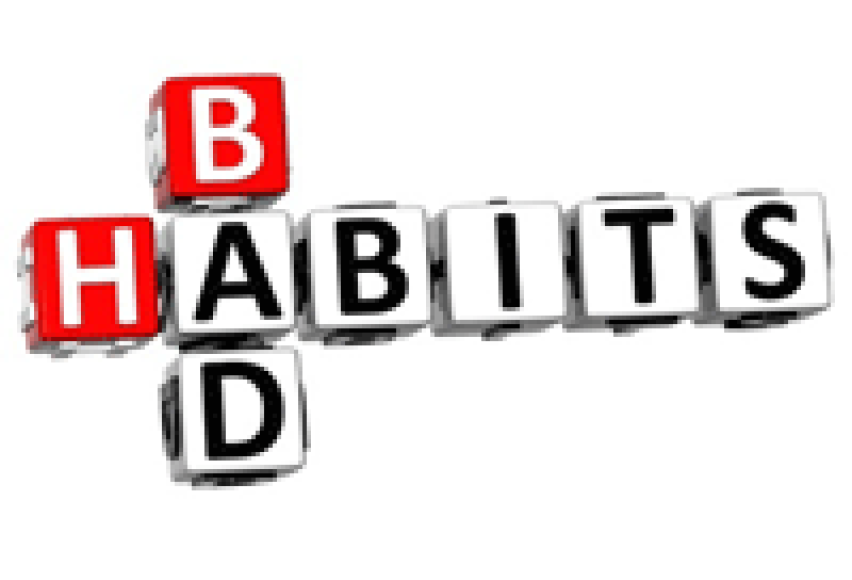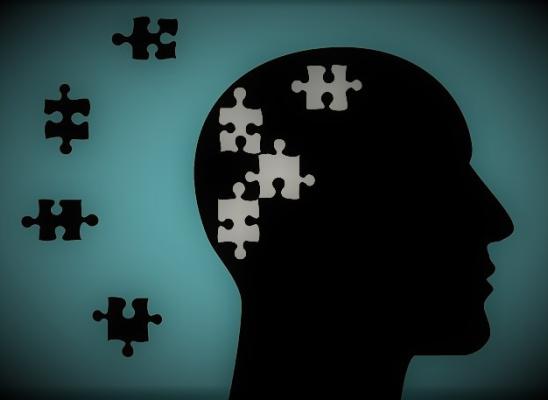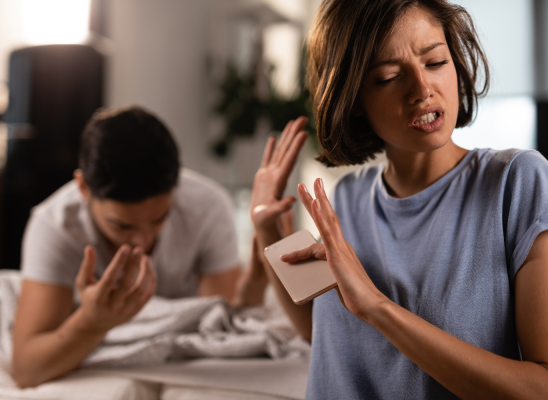Hair Pulling: More Than Just a Bad Habit

Online test
Find out the severity of your symptoms with this free online test
If you find yourself pulling out your hair on a regular basis, you might have what is actually more than just a simple bad habit. Though pulling hair can indeed be a bad habit, in most cases it is rather more serious. It is the mark of a compulsive disorder known medically as trichotillomania.
Trichotillomania or hair pulling disorder is remarkably common in the United States and worldwide. It has been estimated that over 2 million adults are afflicted with the problem in the US alone. Furthermore, not everyone with trichotillomania has been diagnosed – or even knows that they have it. A large number of people with the disorder consider it a “bad habit” and do not seek treatment. Some people don’t even seem to notice that they are doing it at all. And then there are those that feel embarrassed or ashamed about pulling their hair.
Needless to say, if you pull your hair on a regular basis, it is essential to understand the symptoms of trichotillomania. If these line up with your bad “habit,” then you might actually be suffering from a serious medical condition.
Physical Symptoms
The physical symptoms of trichotillomania are numerous. If you are experiencing any of these, then chances are that what you have is not a hair pulling habit – it’s trichotillomania.
The most noticeable physical symptom is that of bald spots or missing patches of hair. This hair can be pulled from a number of areas including:
- Scalp
- Eyelashes
- Eyebrows
- Face
- Arms and Legs
- Pubic Hair
Your hair pulling habit might be more than a habit if you are frequently pulling hair from the same region. When hair is pulled from the same place, it not only damages the hair follicle (causing stunted or abnormal regrowth) but also the skin. Damage in the form of irritation, inflammation, and even infection to the skin are common symptoms of trichotillomania to watch out for.
If you have been pulling your hair out for a long time, you might have already noticed areas where the hair has not grown back. Severe trichotillomania, especially when left untreated, can cause permanent hair loss. This is especially common in areas where the skin is also damaged.
Mental Symptoms
Trichotillomania does not only display physical symptoms. It also displays a host of mental symptoms as well. These mental symptoms of hair pulling are often more prevalent than those that are physical. If you find yourself exhibiting any of these emotions, then chances are very high that you have trichotillomania and not a simple hair pulling habit.
Anxiety, fear, and depression often correlate with trichotillomania. In fact, hair pulling often causes a sort of “cycle”. If you begin hair pulling to relieve anxiety in stressful situations, you may soon find that pulling your hair causes even more anxiety. This will in turn prompt you to pull out even more hair, which, once again, will leave you anxious.
It is interesting to note that no one is sure which comes first: the anxiety or the hair pulling. In some people, feelings of anxiety or depression prompt hair pulling. In others, it is the opposite way around: hair pulling prompts feelings of anxiety or depression.
Other negative emotions that hair pulling produces include embarrassment, shame, and low self-esteem. These in and of themselves can lead to depression and even isolation. Many people with trichotillomania find that their social relationships and possibly work suffer from their hair pulling “habit.”
Is It Really a Bad Habit?
Is your hair pulling really a bad habit or is it trichotillomania? That’s hard to say. It depends on the specifics of your situation. If you find that your hair pulling is frequent, repetitive and is causing damage to your hair or skin, then you probably have trichotillomania. If you find that your hair pulling brings about feelings of helplessness, despair, anxiety, or depression, then you probably have trichotillomania.
Online test
Find out the severity of your symptoms with this free online test
Start your journey with TrichStop
Take control of your life and find freedom from hair pulling through professional therapy and evidence-based behavioral techniques.
Start Now



